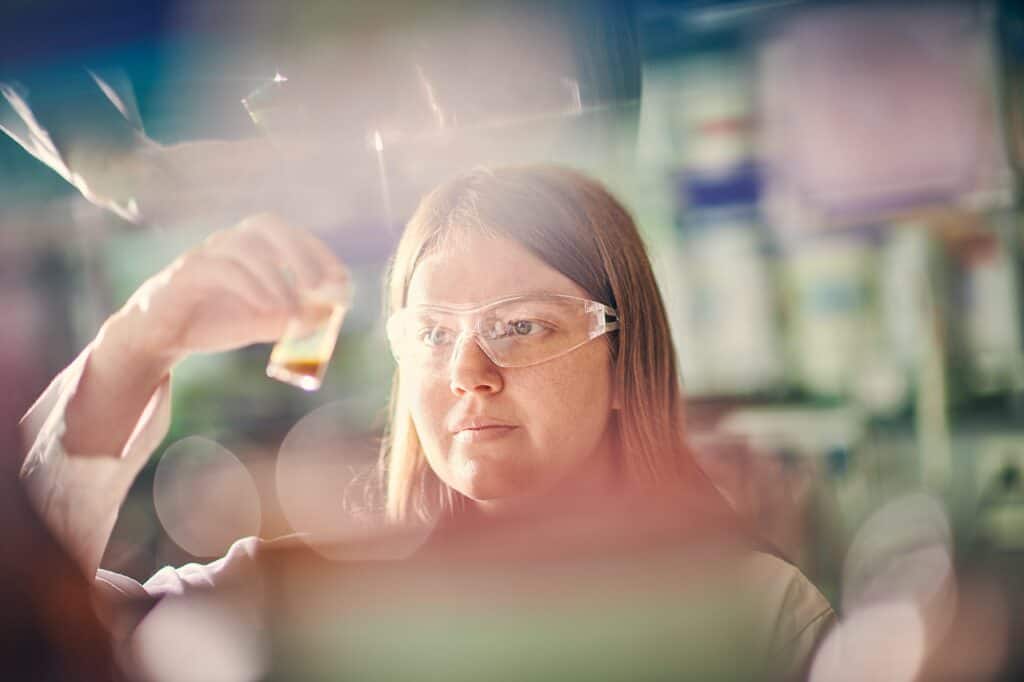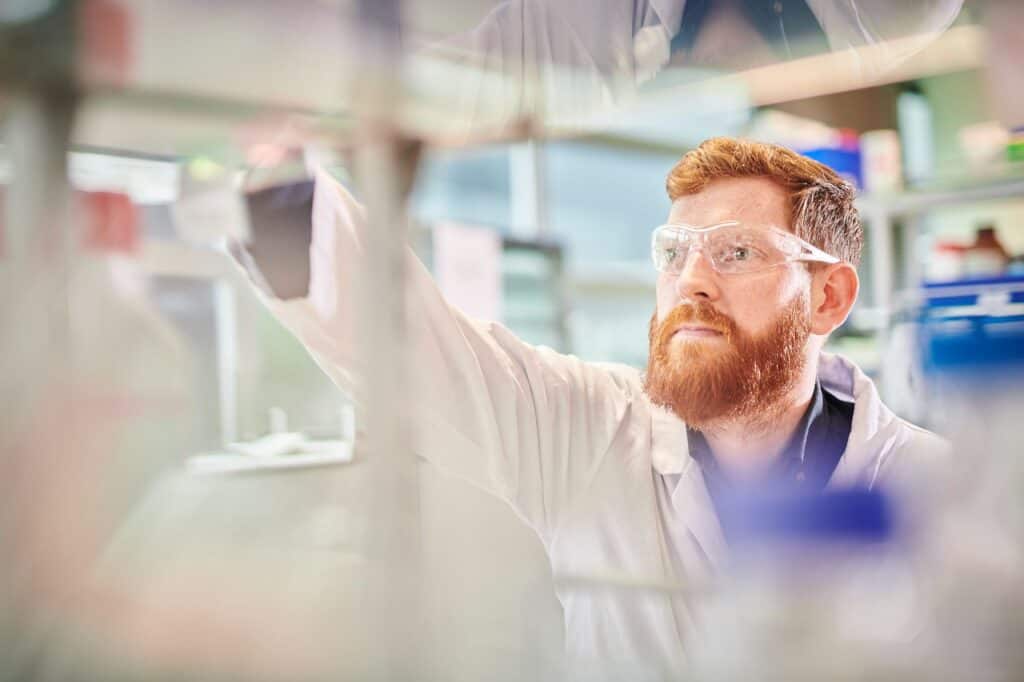Antimicrobial Technology
Our broad-spectrum silver antimicrobial agent kills over 650 different types of microorganisms including Human Coronavirus, Escherichia coli, Salmonella spp., Influenza A (H1N1), Listeria monocytogenes, and Campylobacter spp.


Chemically Binding Antimicrobials

Longer lasting antimicrobials

Bespoke solutions
Chemically Binding Silver Antimicrobials
Inhibit Coatings’ antimicrobials are not simple additives. Ours is a chemical reaction. At Inhibit Coatings we chemically bind silver antimicrobials to materials, permanently.
Our permanent antimicrobials have many advantages:
True Lifetime Performance: Our antimicrobials are chemically bound to the material they protect. Thus, they last as long as the material.
Human & Environmental Safety: Because our permanent antimicrobials are chemically bound, they cannot leach away to hurt flora or fauna. Acute toxicity testing of our permanent antimicrobials shows:
- Non-toxic when eaten
- Non-toxic when inhaled
- Practically non-irritating to the eyes
- Non-irritating and non-sensitising to skin.
Minimal Amounts of Silver: Our permanent antimicrobials are more effective than “classic” silver ion antimicrobials. Because of this, Inhibit Coatings uses 260 to 10,000 times less silver than our competition (depending on the competitor).


Why is silver effective?
Silver has been known for years to be antimicrobial. Hippocrates (460 – 370 BCE), describes using silver compounds to prevent infections. Before the discovery of penicillin (1928), silver was the standard antimicrobial. Doctors sutured wounds with silver wires, colloidal silver was used to disinfect hospitals, and soldiers in WW1 had wounds covered in silver leaves.
Silver is a good choice as an antimicrobial because:
- It is broad-spectrum, destroying bacteria, viruses, and fungi.
- It is skin-safe
- Organisms struggle to develop resistance.
How does it work?
Our antimicrobials and antivirals are not additives, rather they involve an irreversible chemical reaction. This reaction makes chemical bonds between the host material and the antimicrobial and antiviral silver entities, which stops these active entities from leaching away, making their effects permanent. Our innovative technology forms and chemically binds the silver entities into the polymer coating to provide the highly effective and permanent antimicrobial and antiviral activities of Inhibit Coatings’ products.


Use Cases
Depending on your material, situation, and time-limitations, Inhibit Coatings can help you in two ways:


Bespoke Solutions
Inhibit Coatings will take a sample of your material and our team of skilled scientists will chemically bond our antimicrobial to it, permanently. Once we have confirmed the chemical reaction, we will assist you in integrating the single-step reaction into your production lines.
This method does not affect your materials pre-existing properties and leads to the best antimicrobial effect; however, it does take some time.
Ready-to-use Solutions
Inhibit Coatings has a variety of pre-existing materials it has permanently bound its antimicrobials to. This includes acrylic, polyurethane, and epoxy polymers. Blend, coat, or substitute your material with our Ready-to-use Solutions to make it deftly antimicrobial, permanently.
This method is especially effective if you are time-limited, or on the rare occasion your material has no “functional atoms” (for example, a pure hydrocarbon). This method is more akin to “classic additives” the industry uses, but with far more robust technology.
Acrylic Resin
Acrylic resin forms the base ingredient for:
- Architectural Paint
- Plastic Coatings
- In-can Biocides
Thermoplastic Polyurethane
Beads of antimicrobial polyurethane which can be extruded into:
- Medical Tubing (e.g., catheters, gastronomy tubes, Jackson-Pratt surgical drains)
- Water Pipes
Epoxy Resin
Epoxy resin forms the floors of:
- Food Processing Plants
- Hospitals
- Laboratories
- Offices and more…
Polyurethane Foam
Spongy material for:
- Bedding
- Wound-care Products
- Transport Interiors
- Furniture
Let's Get In Touch
Contact our team of specialists to find the right solution for your application. We would love to hear from you

